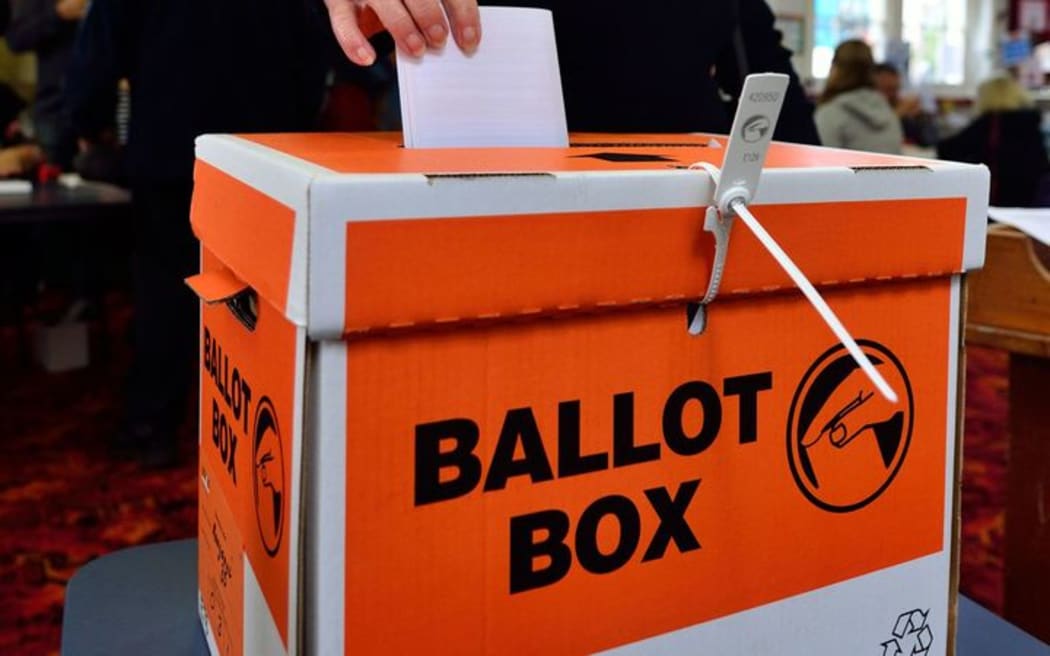OPINION
The majority of New Zealanders don’t fit in either of the above demographics; the only political influence they have is on election day.
This week saw discussion on Labour’s persistence with taxing ‘rich pricks’. Hipkins can’t extract any more tax from middle income earners because Labour desperately needs their votes but, surprise, surprise, Chippie indicated an opportunity for history to repeat itself.
“I’m confirming today that under a government I lead there will be no wealth or capital gains tax after the election. End of story,” Mr. Hipkins said on July 12, ahead of the general election in October.
“With many Kiwi households struggling, now is simply not the time for a big shake-up of our tax system.”
Chris Hipkins
A political party pile-on ensued.
You can’t trust Labour on tax. They ruled out the ute tax and brightline extension in 2020 and then promptly implemented them both after the election.
Christopher Luxon
Hipkins is taking credit for ruling out a Capital Gains Tax and Wealth Tax under his leadership, but [Finance Minister] Grant Robertson and [Attorney-General] David Parker have made it clear they desperately want a Capital Gains Tax.
David Seymour
The Greens are essential to a hard left government and they have made wealth redistribution a core policy.
“Right now, just 311 families own more wealth than the bottom two and a half million New Zealanders. That inequality is not an inevitability. It is a political decision”, Mr. Shaw said.
“Aotearoa [New Zealand] is a wealthy country. We have all the resources we need to give everyone a decent standard of living—we just don’t have Green Ministers at the table pushing for fair and sensible solutions on poverty, housing, climate, and nature.”
Going into the election, the Green Party is proposing an income guarantee policy that will redistribute wealth through a tax-free threshold of $10,000 (US$6,370) and a payment of $385 a week to anyone not working or studying.
To pay for this, they will impose a 2.5 percent wealth tax on assets above $2 million and a trust tax of 1.5 percent. Additionally, the Green Party will introduce a new top-income tax bracket of 45 percent for those earning over $180,000 and increase the corporate tax rate from 28 percent to 33 percent.
James Shaw The Epoch Times.
But a study done by tax consultancy OliverShaw “concluded the rich in New Zealand paid most of the tax collected, and the higher their income the more they paid; while the least well-paid often effectively ended up paying less because of the various tax credits and other payments they received”.
While New Zealand’s comprehensive social welfare system keeps the poor from actually starving to death, ironically, health costs are driven up by obesity-related disease.
The risk is that the 311 rich pricks will disappear offshore before they’re hit up again post-election, depleting our national wealth creation expertise and making everyone poorer overall.
In 2017 the Greens received 6.2% of the party vote final count and 7.9% in 2020.
In 2019 Justice Minister Andrew Little introduced voting rights for prisoners serving less than three-year sentences, benefiting Labour and the Greens whose party vote rose 0.9% and 0.3% respectively after special votes were included. National and Act were disadvantaged by special votes, losing 1.2% and 0.4% respectively of their party vote.
*Data from Table 2 2020 Final Party Vote & Seat Count
Special votes include people enrolled after 13 September (Writ Day) whose names were not on the printed roll at the voting place, people who voted outside their electorate, those who voted from overseas, those who used an alternative form of voting such as postal voting, and hospital and prison votes.
Following the release this year of National’s policy to go harder on gangs, Mongrel Mob spokesman Harry Tam was caught on video urging members not to vote National and telling Facebook followers about a Labour Dunedin MP who attended one of the gang’s ‘election hui’. Why are gangs involved in politics, you ask?
Tam has an infamous relationship with the government going back to 1997 when the Bolger/Shipley government appointed him as a policy adviser to the Ministry of Youth Affairs. Then in 2001 Tam was appointed by the Clark government to work in Corrections’ Wellington head office, helping to advise management and the government on policy covering women’s issues, law reform, youth, health and drug strategy.
The government’s personal endorsements of Harry Tam and financial investment in him gave credibility to the dregs of society and resulted in gang membership rising.
“The number of gang members in New Zealand has risen by 61 per cent after five years of this soft-on-crime Labour Government, National’s Police spokesperson Mark Mitchell says.
“Since Labour came to power in 2017, the number of gang members has grown from 5,343 to 8,607.”
Mark Mitchell
But endorsing criminals comes with a high price of rising crime, increased gang membership and their involvement in politics. Tam is encouraging gang members, including eligible voters in prison, to vote.
Restoring prison inmates’ voting rights may have gained Labour a few extra votes. Prisoner numbers are down, though; the Labour Government has focused on emptying out prisons, using the judiciary to slap felons with a wet bus ticket instead of incarcerating them. Therefore their vote probably won’t make much difference.
Political influence is stacked against the majority of law-abiding citizens. We need major policy reform for economic growth and to reduce crime rates. A lot is riding on the upcoming election.

